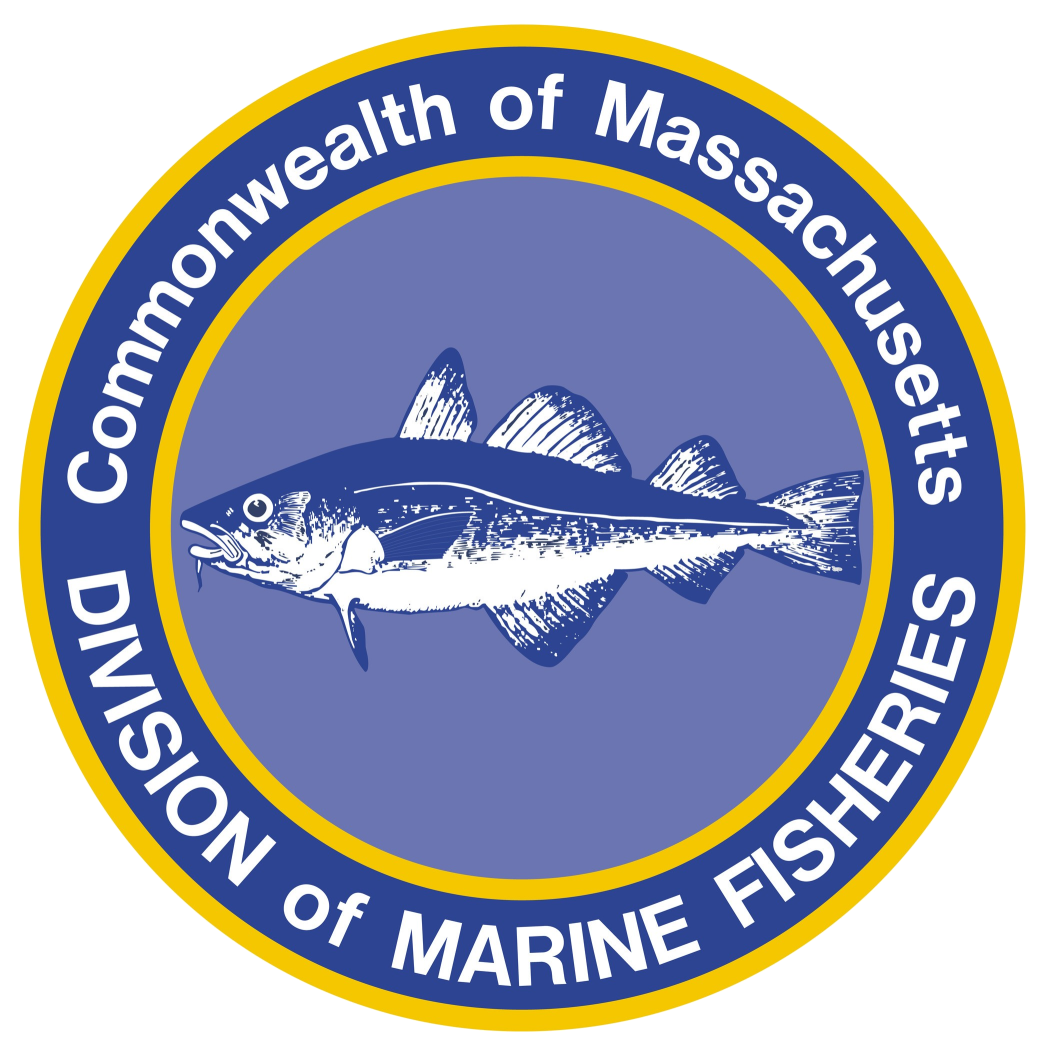- Division of Marine Fisheries
- Shellfish Advisory Panel
In last summer’s approval of the FY 2022 budget, the legislature enacted a new section of state law that created a formal panel of stakeholders and agency representatives to advise DMF on ways to improve shellfish management in the Commonwealth. This action was in response to a request from DMF and many stakeholder groups who understand the benefit of regular communications and public forums to identify and solve problems in a collaborative way.
The formal creation of the Panel was also the primary objective identified by members of the Massachusetts Shellfish Initiative (MSI), a stakeholder-driven working group begun in 2018 with NOAA Fisheries funding to develop a strategic plan for shellfish. Panel members look forward to opportunities for these meetings to create forums for sharing of technical information and policy development to address emerging issues. The MSI Strategic Plan and related supporting documents can be found here: www.massshellfishinitiative.org.
Prior to the legislation, there was an ad-hoc Shellfish Advisory Panel of stakeholders that was created by DMF back in 2014 which met on an as-needed basis to enhance communication between DMF and its stakeholders in an open forum. This advisory panel was designed to share information across the range of shellfish interests. It also provided a periodic check-in with stakeholders about the national shellfish management meetings held every two years by the Interstate Shellfish Sanitation Conference where so much takes place concerning the changes to federal standards the states must abide by. Massachusetts is one of a few unique states that allows municipalities to manage shellfish fisheries at the local level, meaning that DMF must deal directly with municipal officials in at least 38 coastal communities with managed shellfish resources.
The newly created panel is large: 20 members total, including 14 members of industry and public stakeholders and an additional six members from within state government representing other agencies and the Legislature. The stakeholder membership is diverse, consisting of two seafood dealers, three commercial fishermen, three aquaculturists, one recreational shellfisherman, two municipal constables, a member of the Marine Fisheries Advisory Commission, a Sea Grant representative, and a representative of a nongovernmental organization involved with shellfish conservation. State government representatives will include Dept. of Agricultural Resources, Dept. of Environmental Protection, Dept. of Public Health Food Protection Program, Office of Coastal Zone Management, Commission on Indian Affairs, and chairs of the Legislature’s Joint Committee on Environment, Natural Resources and Agriculture. DMF’s Director will serve as the Chair.
The Panel will tackle many of the goals and objectives of the MSI Strategic Plan, including some of the following: the state laws governing transfers of municipal aquaculture licenses, propagation of oysters by municipalities for nitrogen remediation, improved training and education to improve compliance with seafood safety-related rules, support for municipalities’ shellfish harvest data collection, and the need to address the increase in harmful algal blooms that may impact health of shellfish consumers. Any interested readers should review the MSI Strategic Plan. Three meetings are anticipated each year with the potential for additional meetings as needed.
A formalized version of the Panel was universally embraced by all members of the MA Shellfish Initiative. Many stakeholders have appreciated and benefited from having this type of open forum, especially the exchange of technical and policy information and the increased transparency that resulted. This Panel will function similarly to DMF’s Marine Fisheries Advisory Commission in its advice and insights provided to the agency. Citizen panels such as these help keep agencies grounded and ensure their work products are relevant and useful. The Panel is also expected to assist DMF in responding (if requested) to any legislative inquiries about shellfish issues and any need for statutory changes. With its many distinguished members, the advice that emanates from the panel and DMF will be well-informed and balanced. The membership of the Panel includes:
- Stephen Kirk, The Nature Conservancy
- Mike Trupiano, Ipswich Shellfish Company
- Alex Hay, Wellfleet Shellfish Company
- Ron Bergstrom, Chatham Shellfisherman
- Allen Rencurrel, Surf clam vessel owner and fisherman
- Amy Croteau, Barnstable Shellfish Constable
- Bill Doyle, MFAC Member & Plymouth Rock Oyster Growers
- Bob Colby, North Shore wild harvester
- Michael DeVasto, Field Point Oyster Farm
- Seth Garfield, Cuttyhunk and MAA President
- Dale Leavitt, Blue Stream Shellfish
- Jim Abbott, Barnstable recreational harvester
- Renee Gagne, Chatham Shellfish Constable
- Josh Reitsma, Woods Hole Sea Grant
- Dan McKiernan, Director of Division of Marine Fisheries
- John Lebeaux, Commissioner of Agricultural Resources
- Martin Suuberg, Commissioner of Environmental Protection
- Michael Moore, Director of Food Protection within DPH
- Lisa Engler, Director of Coastal Zone Management
- Jim Peters, Executive Director of the Commission on Indian Affairs
- Rebecca Rausch, Senate Chair of the Joint Committee on Environment, Natural Resources, and Agriculture
- Carolyn Dykema, House Chair of the Joint Committee on Environment, Natural Resources, and Agriculture
By Daniel McKiernan, Director
